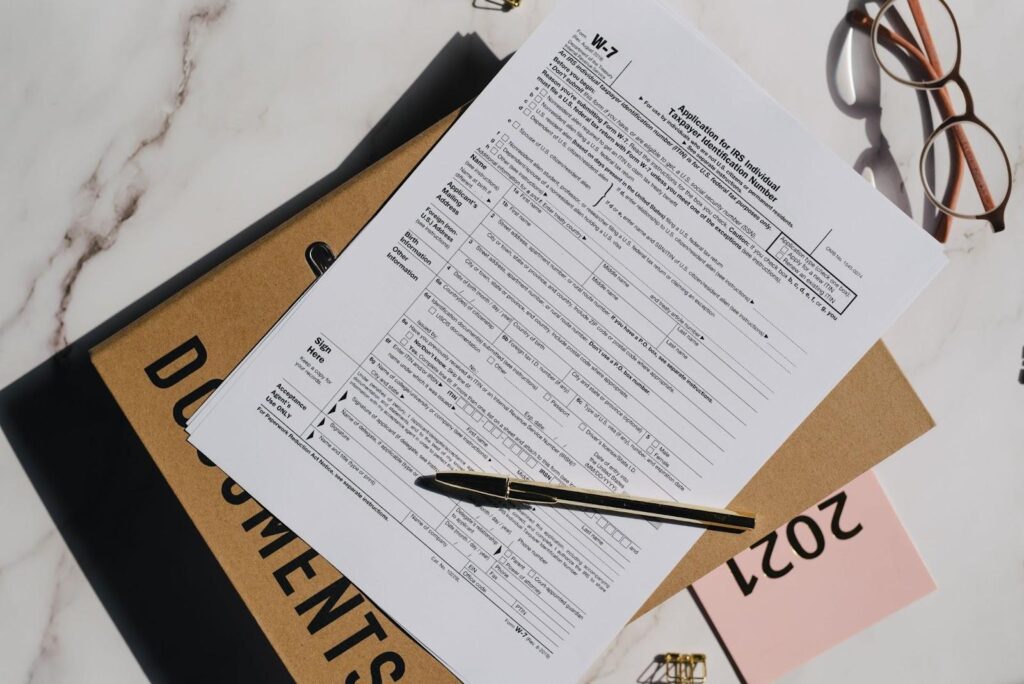The Social Security Disability Insurance (SSDI) application process can be long and tedious. This is all the more reason to find out as much as possible about it and any recent changes before you begin filing your application.
As of 2023, there have been no recent notable changes in the SSDI application process. However, there have been some changes in the Substantial Gainful Activity (SGA) and work credit requirements that can directly affect the eligibility process.
Read below to find out more about these changes.
The SSDI Application Process
Applying for Social Security Disability benefits can be an exhausting and time-consuming process. There are many steps that need to be taken before you can be considered for benefits. Having a good grasp of the process can make you more prepared for what’s to come and improve your odds of success.
The SSDI application process comprises the following stages:
Initial Application
You can apply for SSDI benefits at any local Social Security office or online. Make sure you provide all the paperwork they need, like those relating to your medical records, paycheck stubs, and work background.
The Social Security Administration (SSA) needs these documents to understand your financial status, medical history, and job history in order to process your benefits application.
After the SSA receives your application, they may send you further forms to complete. Get the paperwork filled out and sent to the SSA without delay.
Application Review
The SSA will begin reviewing your application once you have submitted all of the requested information.
This is the most important stage of the entire process since the SSA evaluates your eligibility for SSDI benefits to determine whether or not you are an applicant who meets the requirements.
Application Outcome
If the SSA is receiving a large number of applications, the decision-making process may take longer than you may expect. According to application statistics, your claim will most likely be denied during the initial review for a number of reasons. Nevertheless, this doesn’t mean that you are not qualified to receive benefits from the SSDI program.
If your application is denied, you will receive a letter from the Social Security Administration explaining why. Your letter will include information regarding the amount of time you have to submit an appeal against the outcome of the case.
Recent Changes to the SSDI Application Process
There have been no notable changes in the SSDI application process in recent years. If you’ve already applied for SSDI, you can expect things to go the usual way. If you have not yet submitted an application, you can expect to go through the same application process as before.
However, it is important to note that there have been some other changes to the SSDI program that may relate to your application approval and eligibility criteria.
Higher SGA Limits

In 2023, the SGA limit for non-blind individuals is $1,470 in pre-tax income per month. This is an increase from the previous threshold of $1,350 per month in 2022. The SGA limit for blind people in 2023 is higher, at $2,460 per month. The monthly SGA amount for statutorily blind individuals for 2024 is $2590. For non-blind individuals, the monthly SGA amount for 2024 is $1550.
You are subject to the same substantial gainful activity limit regardless of whether you are applying for benefits or are already receiving those benefits. The SGA limit is the maximum amount of money that you can earn while still being eligible for Social Security Disability Insurance and Supplemental Security Income (SSI). Because the income limit is higher, more people may be able to get benefits in 2023 and 2024 than in 2022. Also, those receiving benefits could raise their income marginally without seeing a reduction in their benefits.
It is important to remember that earning near the limit can make it more challenging to qualify for (or maintain) disability benefits. Even though the SGA limit is higher, SSI applicants who make more than $914 a month are also not likely to get much or any money.
Work Credit Limits
In 2023, employees are eligible to get one credit for every $1,640 of their total income. In 2024, employees will be eligible to get one credit for every $1,730 of their total income, which includes income from self-employment. It is possible to earn up to four work credits in a single year; therefore, if you earn at least $6,560, you will be eligible to receive the maximum of four credits for the year 2023 and if you earn $6,920 in 2024, you will receive up to four credits.
The SSA uses work credits to determine eligibility for SSDI. Due to the increased limit, you will be required to earn a greater amount of money in 2024 in order to collect the same amount of work credits.
You need to have accumulated at least 40 credits to be eligible for SSDI. Of those, 20 must have been earned within the last ten years, beginning with the year in which your disability started. As a general rule, a person who has worked for a significant amount of time, including at least five of the most recent ten years, may be eligible for SSDI.
How to Get Approved for SSDI

The strength of the applicant’s medical records is the single most important factor in determining whether or not they will be awarded Social Security Disability benefits. To put it another way, there must be sufficient evidence to indicate the nature and severity of the disability.
In all likelihood, the SSA will make a direct request for your medical records. But you must check that all of your paperwork is complete and accurate so that the SSA doesn’t miss anything. This means collecting documents such as:
- Statements from physicians
- X-rays
- MRIs
- Results of blood tests
- Reports from other professionals, such as mental health counselors or occupational therapists
- Testimonials from loved ones, coworkers, or friends
- Additional records of laboratory tests
Conclusion
So, while there have been no recent changes to the SSDI application process, there have been changes to other important things, such as the SGA limit and work credit requirements. It’s important to stay up-to-date on these developments so you can file an effective application.


